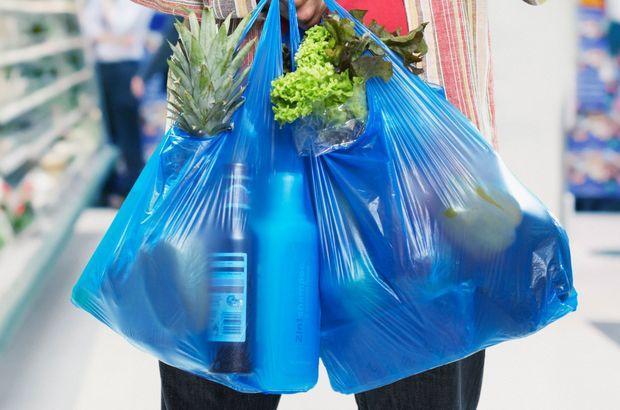TURKEY could bring into law a plastic bag charge from January 1, 2019.
The proposal was included in a draft law on waste regulation which was presented to Turkey’s Assembly.
Within the scope of Waste Regulation, it was announced nylon bags would be sold in stores for a small amount, such as 25 kurus or 50 kuruş. These relate to plastic shopping bags with a thickness of 15 microns to 50 microns.
Bags that are above or below this thickness will be given free of charge.
A framework of draft regulation, in line with the EU, to reduce the thickness use of bags not exceeding 90 microns by December 31 2019 and not exceeding 40 by the end of 2025 is also being contemplated.
Under the bill that comes at the heels of a campaign to reduce waste, municipalities, bus stations, shopping malls, public institutions, workplaces, schools, hotels and hospitals will be obliged to adapt to the zero waste innovative.
If approved by Parliament, the regulations will come into force next year. Municipalities will also be tasked with supervising the zero waste work.
Turkey, late to the recycling trend and efficient waste management except in big cities, strives to end landfills whose number has considerably decreased in recent years.
First lady Emine Erdoğan launched a zero waste campaign last year to save everything from paper to discarded metals for future use or for recycling. The campaign first started at the Beştepe Presidential Complex in the capital Ankara and soon spread to other public institutions, including ministries as well as to private enterprises such as restaurants.
Turkey’s recycling drive saved more than 30 million trees between 2017 and 2018 and more than 1.7 million tons of waste paper and cartons were recycled last year and in the first three months of 2018.
In recent years, Turkey has started to prioritize waste management over concerns of rising environmental damage with municipalities responsible for garbage collection upgrading their waste management systems. Turkey also managed to recycle more than half of the plastic bottles in the market last year. According to official figures, out of the 236,000 tons of plastic bottles sold last year, 140,000 tons were recycled. In the first quarter this year, 17,500 tons of plastic bottles were recycled to be used again.
Under the draft bill, every business or public institution will be required to receive a zero waste certificate that will evaluate how they comply with the new policies. The bill also makes it mandatory for municipalities to set up facilities for collection of waste separated at its source.
For large cities, garbage disposal units to be used for storage of recyclable materials that will be deployed at every 400 meters and mobile units will be placed in neighborhoods to pick up recyclable waste. Municipalities will also be required to inform the public on how to separate recyclable waste and where to dump it.
Speaking to Anadolu Agency, Environment and Urbanization Minister Murat Kurum said that Turkey has come a long way in adapting to zero waste and has achieved gains. He said that the new regulations aim to make the project a nationwide concept. “Municipalities have a big task in spreading the practice and we will only be successful if they back it,” he added. “It is not enough for municipalities to only collect waste and store it. They should set up collection systems for every recyclable material, from paper and plastic to metal and glass,” Kurum said, explaining that they would closely monitor the municipalities on how they implement the zero waste system.
